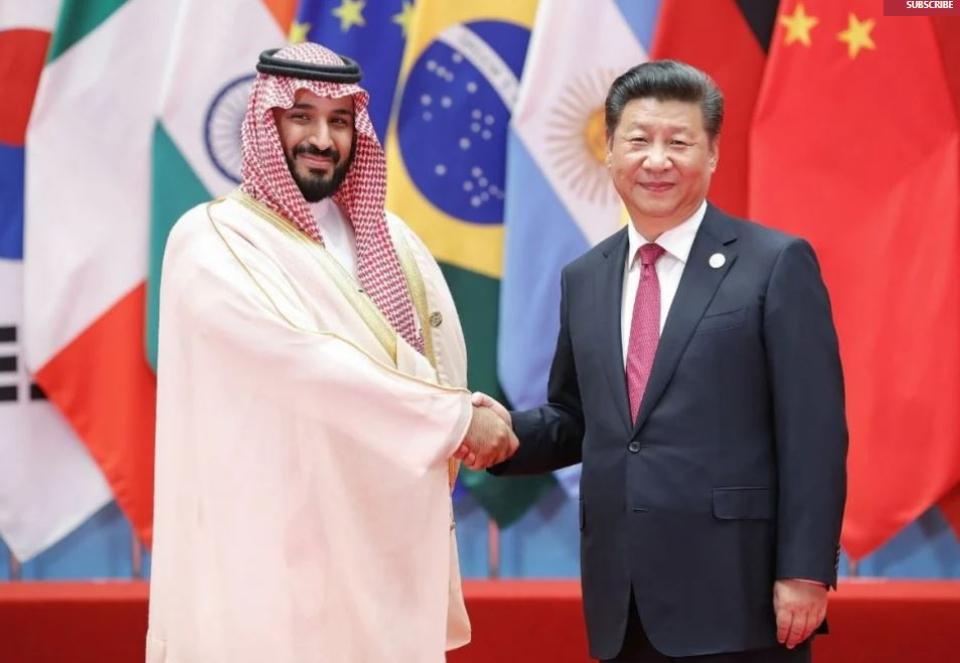by Chad Kunkle
Last month, the Yemen War Powers Resolution (YWPR), which, if passed, would have ended direct U.S. military involvement in Saudi Arabia’s war against the Houthis in Yemen, was withdrawn from an impending Senate vote by its sponsor, Sen. Bernie Sanders (D-VT). This move came after President Joe Biden and his administration promised to veto the resolution if it passed and urged other senators to vote against the bill. While the resolution has likely not seen its last bit of daylight, this was another major setback in the effort to terminate U.S. involvement in a conflict that has produced one of the most devastating and least discussed humanitarian crises of our time. The war has brought immense suffering to the Yemeni people, with civilian casualties, diseases, internal displacement, and famine ravaging the populace.
Ending U.S. involvement in this conflict has garnered bipartisan support in Congress over the years despite various failed attempts to pass forms of a YWPR. The movement has hit many roadblocks, such as several vetoes of legislation by President Donald Trump, but has also seen some recent success, with Biden shifting some policies held by his predecessors, vowing to stop supporting offensive Saudi military operations and moving the Houthis off the terrorist designation list. However, these shifts have largely failed to address the key issues that have kept this conflict and all associated atrocities in motion. The United States has remained Saudi Arabia’s primary arms supplier, and many U.S.-made planes and weapons used in offensive operations by the coalition receive maintenance and support from the U.S. military and U.S. contractors well after Biden’s pledge to cease such support. The Biden administration justified its decision to lobby against the current iteration of the YWPR by claiming that the situation on the ground has changed, as a UN truce had managed to reduce violence for much of 2022 and keep Saudi airstrikes at bay—even after the truce ended in October. The administration worries that passing the YWPR would harm the peace process by reducing Saudi Arabia’s position at the negotiating table, while critics of the move argue that this leaves the door open for Saudi Arabia to open a new bombing campaign with U.S. assistance.
This decision has also appeared to be a serious reversal by Biden and several of his key foreign policy officials. Top confidants, such as national security advisor Jake Sullivan, signed letters to Trump supporting previous iterations of the YWPR, and Biden promised to make Saudi Arabia a pariah in his presidential campaign. The move to block the YWPR seems to be the latest instance of a major shift in the administration's attitude towards the Saudis, which has garnered much attention since Biden’s visit to Saudi Arabia this past July, which was marked by Biden’s failure to secure increased oil output by the Saudis and the rest of OPEC+. The administration blocking the resolution thus looks to be another effort to appease the Saudis, preceded by a recommendation from the administration to grant Crown Prince Mohammad bin Salman (MBS) immunity in a lawsuit by the fiancée of Jamal Khashoggi, as well as sustained weapons sales. Meanwhile, MBS recently hosted Chinese president Xi Jinping and signed several investment deals with Beijing. This was the latest move to increase bonds between Saudi Arabia and China, and it is apparent that this developing relationship, compared to a perceived fraying of U.S.-Saudi ties, is causing concern in Washington.
While it is true that such developments could cause significant changes to U.S. policy in the Middle East, the possible outcomes do not justify an alarmist reaction that includes appeasement, further facilitating catastrophes such as the war in Yemen. The United States has the capability to invest in alternative energy sources, including domestic oil production. A Saudi shift towards China would also motivate the United States to define its relationship more clearly with Saudi Arabia, unraveling itself from the often frustrating and contradictory status of quasi-alliance, which constrains U.S. policy flexibility in the region. Attempts to sway states away from their natural interests rarely lead to success, and it is reasonable to assert that the largest global oil exporter seeking closer relations with their biggest buyer is a natural development, especially since the Saudi economy is almost entirely reliant on oil exports. Additionally, China’s budding interest in Saudi Arabia will be complicated by its established affiliation with Iran.
The war in Yemen has been a disaster, and desperate and unnecessary attempts to prevent Saudi Arabia from pursuing alternative relationships are no reason for the United States to continue aiding in the destruction by providing direct military assistance. A resolution that seeks to curb that potential is worth the possible disruption of longstanding policy, especially when that policy is counterproductive to U.S. interests and more beneficial alternatives exist.
Source: National Interest

















